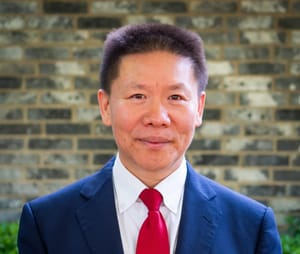Laos
Laotian Christians in one church have stood up for religious freedom, by resisting the closure of their church building, which was among four confiscated by the authorities in one district.
According to reports from Barnabas Fund, on 5 April officials ordered the confiscation and closure of the church in Khamnonsung village, in Saybuli district of Savannakhet province.
They claimed that the Christians did not have permission for the building, which dates back to 1968, before the current Communist government came to power.
The move followed a three-day political seminar in Khamnonsung, attended by the district’s head of religious affairs and deputy police chief, which covered ‘Tricks of the enemy’.
Western powers were said to be using the Christian faith as a ruse to destabilise the Communist regime in Laos.
Christians in Khamnonsung were told they could meet for worship only in their homes. But the church, which comprises 745 people, has defied the order, holding Sunday services in the building for the two ensuing weeks.
Members have said they are willing to risk their own safety and that of their families to defend religious freedom, which is under sustained attack in Laos.
The attempted confiscation of Khamnonsung church follows the closure of three others in the district — Kengweng, Nadaeng and Dongpaiwan.
Other churches in Saybuli district are vulnerable to takeover; the authorities have said that they recognise only Dongpoong village church.
A 2002 religious law requires all church buildings to have official permission to be built and/or to operate. The Khamnonsung church was constructed well before this law came into force. Human Rights Watch for Lao Religious Freedom said if the church buildings had been seized under this law, the government was guilty of applying the legislation retrospectively.
Elsewhere in Savannakhet province, officials ambushed a church service in Paksong village, Songkorn district, arrested the church leader and barred the congregation from holding any further services there.
The pastor was later released after being threatened and coerced to sign a document agreeing to discontinue church services.
Officials claimed that the Christians did not have permission to hold services, but this had been granted by the former village chief.



















